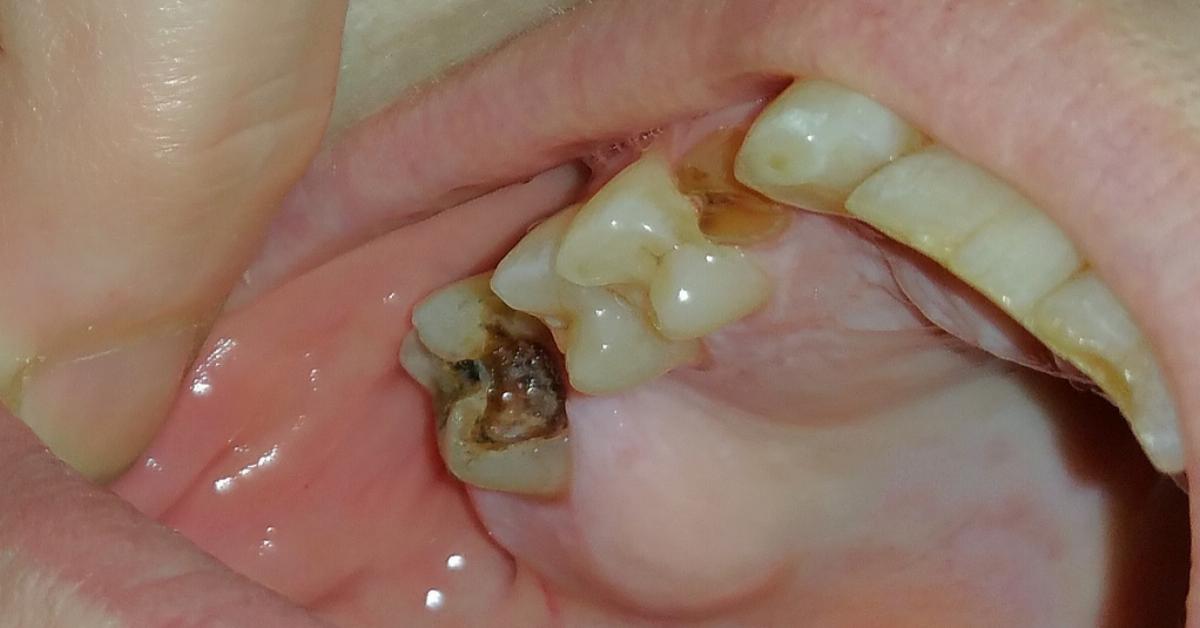When you get a cavity or a piece of a tooth breaks off while you’re chewing something too hard, your dentist uses a filling to repair the hole or chip. But researchers have made a sensational discovery that may — hopefully not too far in the future — replace fillings.
A study from King’s College London, published in the magazine Nature, has shown that an Alzheimer’s medication promotes the growth of dentine. It stimulated stem cell growth in the dental pulp, bringing about new dentine production that protects the tooth and renders a filling unnecessary.
When a tooth gets damaged through an infection or is simply chipped in a fall, a thin layer of dentine grows protecting the affected area and sealing off the inner soft pulp tissue. But this layer isn’t enough to fill in the deeper hollow inside the tooth. That’s why artificial fillings with dental cement, for instance, are used to restore the person’s ability to chew.
Unfortunately it’s all too common that the roots beneath the fillings get infected, plus the fillings need to be replaced over time. At some point the tooth can’t handle any more fillings and simply has to be pulled.
With this new method, a small biodegradable collagen sponge is planted in the hollow of the tooth. The key ingredient though is the Alzheimer’s treatment tideglusib, an GSK-3 enzyme inhibitor. The enzyme is what prevents further dentine growth, so as the sponge biodegrades it delivers tideglusib, which in turn supports greater dentine production. Eventually the dentine takes over the space where the sponge was.
So far this has only been tested on mice (with extremely small sponges, we assume). But since the medication is already used on humans there’s a high likelihood of testing on people soon. Scientists are already somewhat hopeful that even larger-scale damage to teeth could be treated with this method, particularly in cases where the gum tissue has died.
If the GSK-3 inhibitor does get tested and approved for use on humans, dental fillings and all their unpleasant side effects could soon be a thing of the past. Stay tuned!

